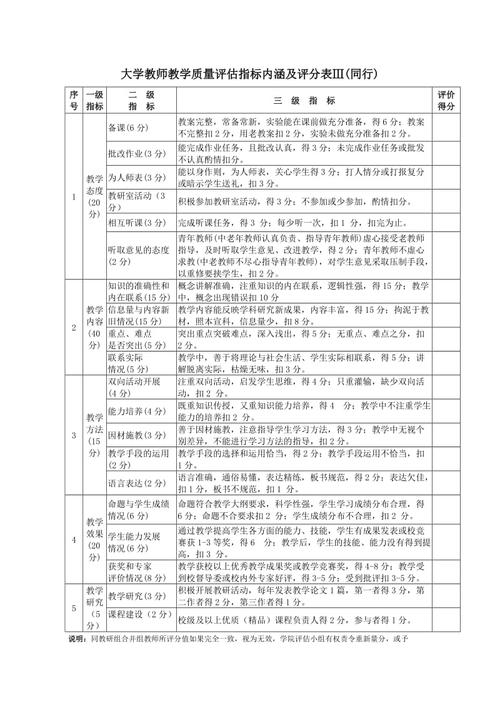Programming instructors play a vital role in shaping the skills and understanding of their students in the field of coding and software development. Evaluating their performance is crucial for maintaining quality education standards and fostering continuous improvement. In this article, we will delve into key metrics and strategies for assessing the performance of programming instructors.
Student engagement and learning outcomes are fundamental indicators of an instructor's effectiveness. Evaluation can include:
*Guidance*: Encourage interactive teaching methods, provide constructive feedback on assignments, and offer additional support for struggling students to enhance learning outcomes.
The teaching methods employed by instructors significantly impact the learning experience. Evaluation criteria may involve:
*Guidance*: Encourage the use of diverse teaching methods, promote interactive learning through handson activities, and provide resources that cater to various learning styles.
Direct feedback from students offers valuable insights into the instructor's performance. Evaluation methods may include:
*Guidance*: Actively solicit feedback from students, demonstrate responsiveness to their concerns, and use feedback to refine teaching strategies and course content.

Effective programming instructors are committed to continuous improvement and staying updated with industry trends. Evaluation criteria may include:
*Guidance*: Encourage instructors to pursue ongoing professional development opportunities, support experimentation with innovative teaching technologies, and promote collaboration and knowledgesharing among peers.
Evaluating the performance of programming instructors requires a multifaceted approach that considers student engagement, teaching methods, student feedback, and professional development. By employing comprehensive evaluation strategies and providing targeted guidance and support, educational institutions can ensure the delivery of highquality programming education and foster the continuous growth of instructors in the field.
文章已关闭评论!
2024-11-26 16:57:45
2024-11-26 16:56:36
2024-11-26 16:55:20
2024-11-26 16:53:59
2024-11-26 16:52:37
2024-11-26 16:51:21
2024-11-26 16:50:13
2024-11-26 16:49:08